Montana is among 22 states that have no regulations establishing optician training, certification, and licensing requirements. Unregulated states, including Montana, generally allow optical employers to set their own expectations for the opticians they hire. Some employers, in these states, choose to train opticians to perform only tasks related to retail sales and minor frame repairs. Opticians who work for these types of employers may find that they have not developed a comprehensive understanding of the industry.
Opticians who work in offices that provide only basic levels of training may decide that they want to expand their knowledge and skills before finding work in other offices. For this reason, all opticians are encouraged to voluntarily take the American Board of Opticianry (ABO) and National Contact Lens Examiners (NCLE) Certification Exams. Some optical employers actively encourage their opticians to complete the certification process and may even offer to pay the associated exam fees. This represents an ideal situation for opticians who want to gain a better understanding of the industry and who want to acquire the skills they will need to work in all types of offices.
There are a few benefits of certification that all opticians should consider. First, certified opticians are generally able to command higher salaries. Optical employers understand that certification is an asset to their business and can be used to create a competitive advantage that attracts and retains customers. Many customers prefer to receive assistance from opticians who can demonstrate that they have met national standards for competence. Businesses also know that certified opticians require less training and support resources. This can have a big impact on the financial performance of an optical establishment that is able to save money on operating costs.
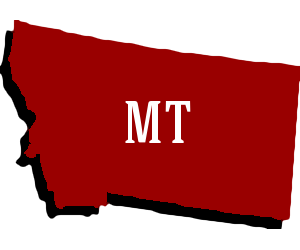 Another benefit of certification is the ability to transfer credentials between regulated and unregulated states. Most states allow an optician to obtain a license through reciprocity if they have been certified and have experience in the industry. Opticians who have not been certified may find that they may be required to return to school, work as an apprentice, or complete the certification exams before being granted a license.
Another benefit of certification is the ability to transfer credentials between regulated and unregulated states. Most states allow an optician to obtain a license through reciprocity if they have been certified and have experience in the industry. Opticians who have not been certified may find that they may be required to return to school, work as an apprentice, or complete the certification exams before being granted a license.

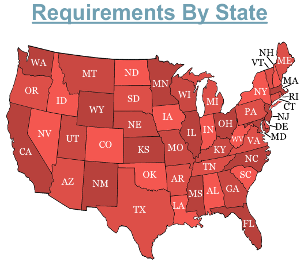

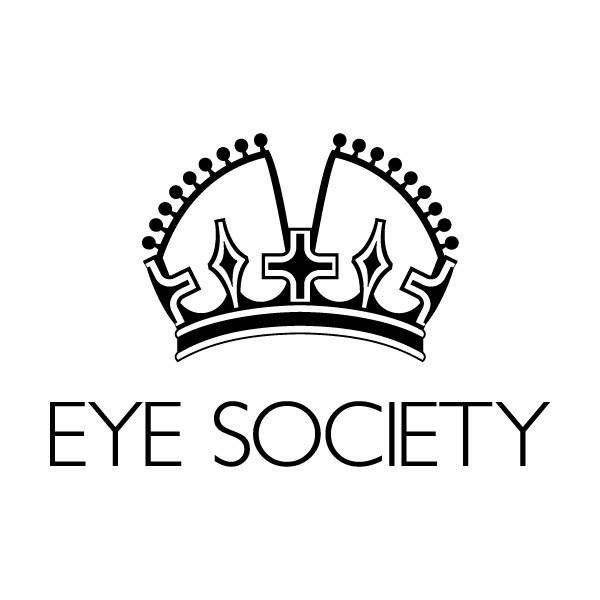

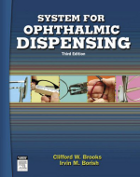
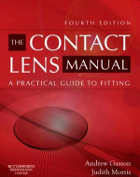
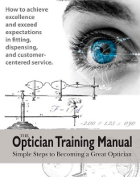

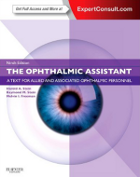
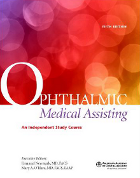
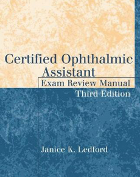
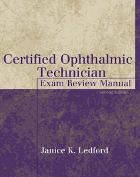
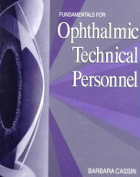
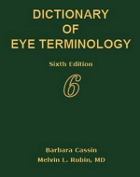
I live in Montana and have taken the American Board of Opticianry test twice, both times finding that the material I study has nothing to do with the test. The first attempt I failed by two questions and the second time it was a pass fail with no additional information. I have a very good understanding of the industry and have worked as an optician for 7 years. I find it extremely frustrating that I am unable to prove my knowledge because of the poorly designed test and study materials. Do you have any suggestions as to what I should study that will match the exam questions?
Bailey,
We are sorry to hear about your experience with the ABO exam. We generally recommend that people use the books found on our training resources page to prepare for the exam. In addition, it is usually a good idea to focus your studies based on their content outline and test specifications. Hope that helps.